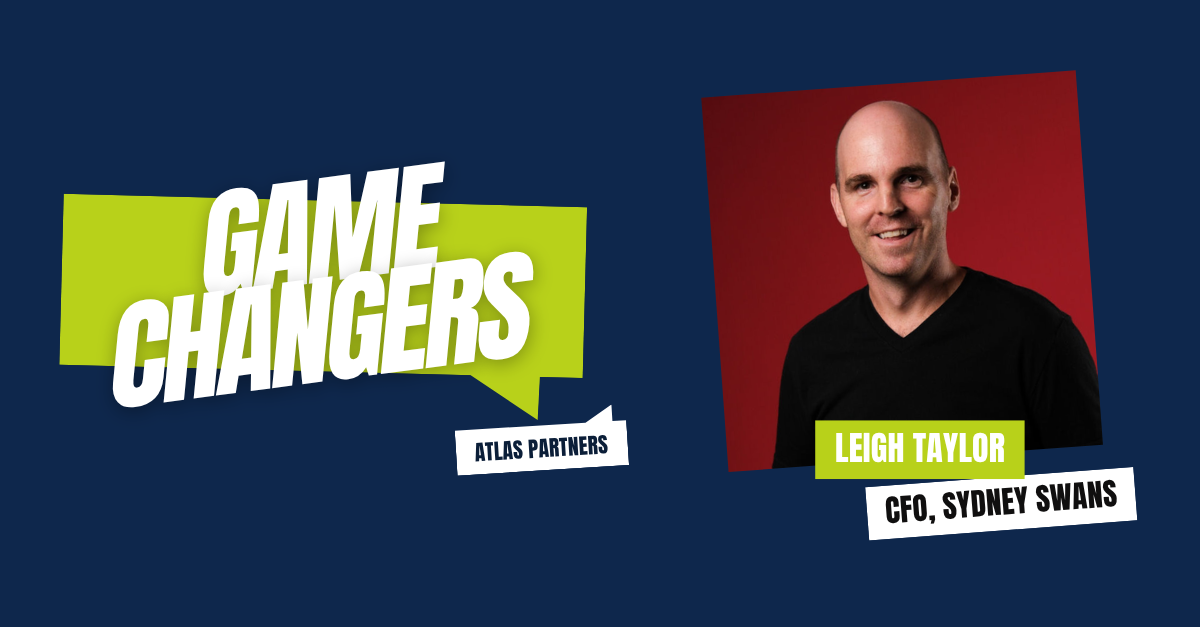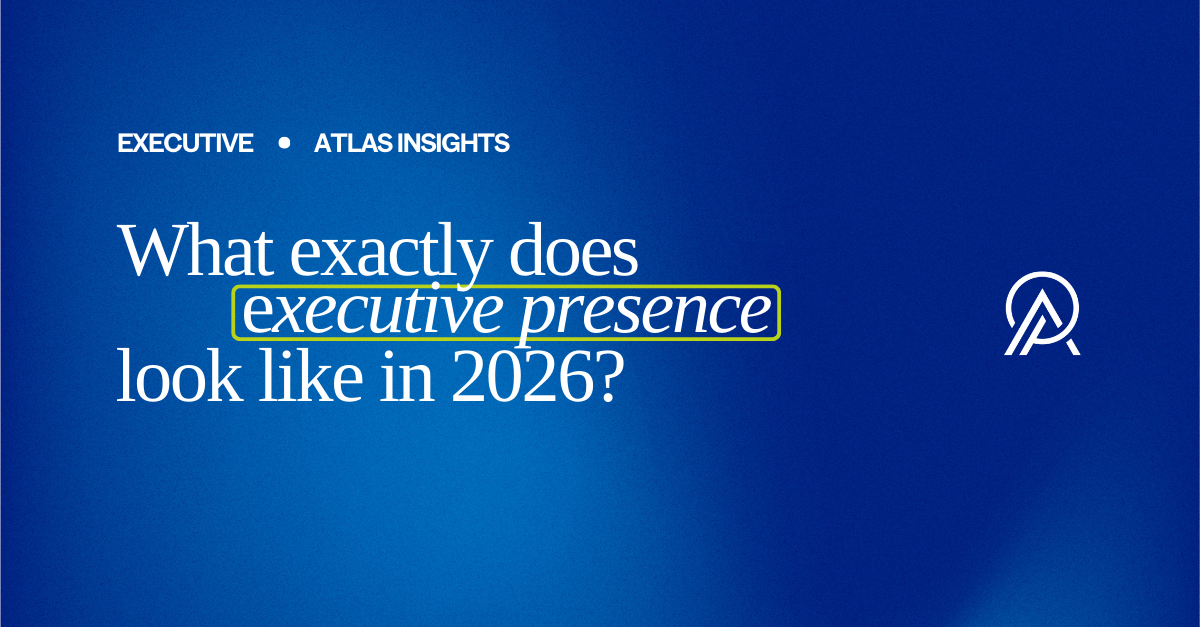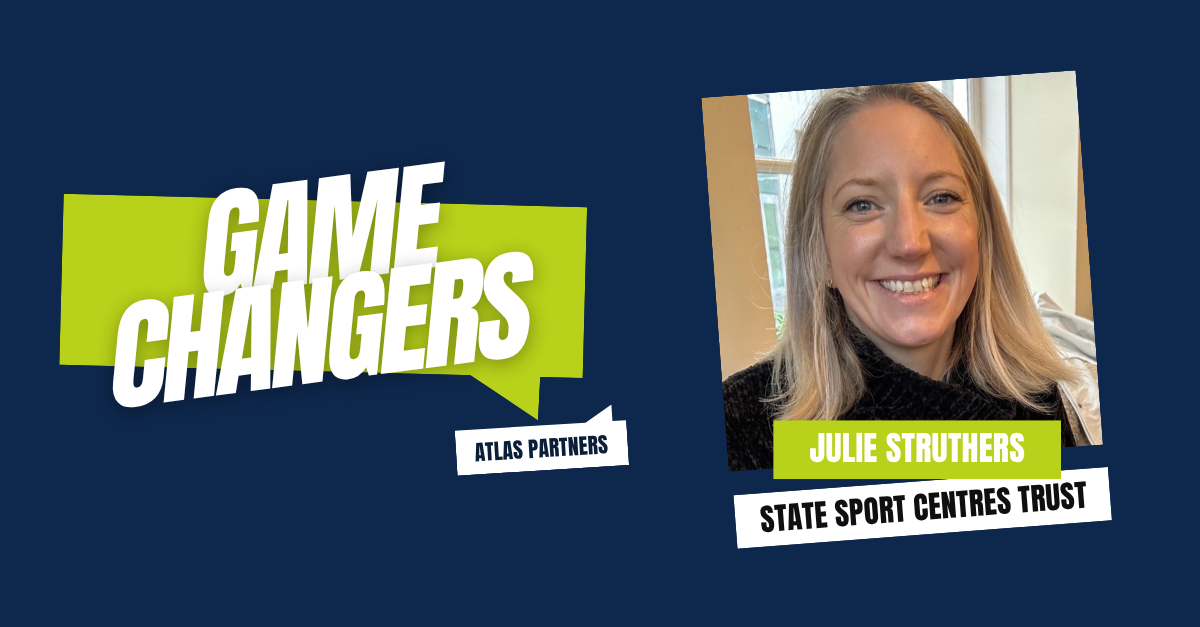
From balance sheets to Buddy’s 1000th. For Leigh Taylor, CFO of the Sydney Swans, it’s been a journey defined by curiosity, courage and culture. In this episode of Game Changers, Leigh reflects on his shift from professional services into elite sport — charting a path from Deloitte in the early days, to key executive roles at the AFL, GWS Giants, and now the Swans. He shares lessons in leadership, financial strategy, and why he sees the CFO as the centre half-back of any organisation. A must-listen for future finance leaders and anyone passionate about the business side of sport.
Liam:
Hi, I’m Liam. Welcome back to Game Changers, where we explore the careers and journeys of some of sport and entertainment’s most talented executives. Today, I’m joined by Leigh Taylor. Leigh, thanks for being here.
Leigh:
Thanks, Liam. Great to be here — looking forward to the chat.
Liam:
Leigh, can you take us through your early career in professional services and how you eventually transitioned into sport?
Leigh:
Sure. I studied at RMIT and started my career as an auditor with BDO, which was later taken over by Deloitte. So I got a solid grounding in chartered accounting. After that, I moved into industry with Amcor Fiber Packaging — a world away from sport — working in a traditional accounting role: month-end, reporting, all the standard finance stuff.
Then I took the typical two-year stint overseas. I worked for a year and travelled for another, based out of London. That experience — stepping out of my comfort zone, meeting new people, and building networks — has probably been the most formative for me, especially in my current role as a CFO.
When I came home, I joined CUB as a reporting analyst. After a couple of years, an opportunity came up at the AFL for a finance manager role — and I was lucky enough to get it. That was 13 years ago now.
My first role at the AFL was as finance manager for the GWS Giants — which is a bit ironic now that I’m at the Swans. I also worked across AFL Tasmania and AFL NSW, which gave me great exposure. Eventually, I stepped into an interim CFO role with the Giants. I was on the executive team at just 30 years old — a real crash course in leadership. Being thrown into that environment, where you’re aligning operations with strategic planning, taught me a lot about how different departments collaborate and come together.
I stayed there for about three or four years, then returned to AFL House to lead the shared services finance team. I integrated Marvel Stadium into our finance structure, managed a team of around 15, and worked with eight different CEOs during that time. I also got to work across a variety of projects. Then COVID hit, and I was sent up to the Sydney Swans to help out — and I haven’t looked back since.
Liam:
That’s quite the journey — and a change of colours along the way too. Going back to those early days at the Giants, how did that experience prepare you for the leadership role you now hold at the Swans?
Leigh:
It was a huge opportunity, and I’m incredibly grateful for it. Sometimes timing and circumstance play a role, but you’ve also got to work hard and put yourself in the position to be ready for those opportunities.
The biggest thing I learned was around leadership. Some qualities are innate, but leadership is something you constantly adapt and learn. Sitting in weekly executive meetings and getting a broader view of the business really showed me the importance of stepping outside your silo. Finance, in particular, has the ability to connect departments across an organisation — maybe more than any other function.
That role taught me how to weave operational rhythms into strategic planning — the three-, five-year outlook — and how to be the glue between functions.
Liam:
Let’s move on to the Swans. What are some of the unique challenges and responsibilities a CFO faces in a professional sporting club?
Leigh:
One of the big challenges is generating revenue beyond just football. The industry’s evolving quickly — we’ve got new broadcast deals, player agreements, and growing commercial expectations. So the question becomes: how do we future-proof the club?
Other clubs have seen success with things like childcare centres or fitness partnerships. At the Swans, we decided to double down on what we already do well — our high-performance environment. That led to the launch of the Sydney Swans Institute earlier this year, a huge effort by our COO and his team.
The Institute is a tailored leadership and performance program for corporate clients. We host them at our elite training facility — which opened in 2023 — and offer access to our coaching staff, analysts, physios, and senior leaders. It’s about sharing the mindset, systems and strategies that drive high performance at the Swans — and translating that into the corporate world.
Liam:
The new facility is incredible. From a finance perspective, how do you balance financial sustainability with on-field success?
Leigh:
At the end of the day, we’re a football club — and success on the field is what we’re all working towards. That includes the men’s and women’s programs, but also all the operations and support structures around them. It takes an entire club to drive performance.
We try to keep our strategy and mission really clear and simple. Everyone across the business needs to understand how their role contributes to the bigger picture. One of our guiding principles is “be better tomorrow than you were today.” That applies to players, staff, everyone. It fosters a culture of constant growth and reflection.
From a finance perspective, I like to think of the CFO role as a bit like a centre half-back — you can see the whole field, you direct traffic, and you need to stay calm under pressure. Finance touches every area of the business, so we can either sit back and report, or we can lead. I always encourage my team to take the latter approach — collaborate across departments, get involved in decisions, and help shape the future of the club.
Liam:
And of course, the Swans are known for their strong culture — the Bloods culture. How does that influence your leadership style?
Leigh:
Once you’re part of the Swans, you don’t want to leave. It genuinely feels like a second family — and that culture creates a workplace where people want to show up and do their best.
It comes back to clarity. Everyone needs to know their role, how they’re contributing, and how that connects to the broader strategy. As leaders, it’s our job to make sure the right people are in the right roles, with the right support. In finance, we help bring structure to that — through KPIs, goal setting, and alignment across the organisation. Consistency is everything.
Liam:
Let’s talk leadership lessons. Reflecting on your career, what moments have shaped your approach to leading in sport?
Leigh:
Hard to name just one, but I’ve learned a lot from working with great CEOs and leaders across different industries. For me, the foundation is work ethic — showing up and doing the work.
But beyond that, it’s about empowering your team. Let them own their work. If someone’s prepared a report or led a project, bring them to the boardroom. Let them present. That builds confidence and accountability. Not everything will be perfect, but the learning that comes from real experience is invaluable.
Liam:
What advice would you give aspiring CFOs who want to work in sport?
Leigh:
If you get the chance — take it. It’s incredibly rewarding. There’s a lot of hard work, but you’re part of something bigger than yourself.
Empower your people, work hard, and — importantly — show genuine care. The best teams are happy teams. If your staff feel supported and have balance, they’ll perform at their best. And as a leader, you need to model that too. Yes, there’ll be intense periods, but you’ve also got to enjoy the ride. If you’re happy in life, you’ll thrive at work.
Liam:
Let’s finish with a few rapid-fire questions. What’s your favourite Swans moment?
Leigh:
I’d love to say a premiership — we’ve come close — but I’ll go with Buddy Franklin’s 1000th goal. I was heavily involved in the risk planning for that game, and it was surreal. Half the crowd ran onto the SCG before the ball even left his boot. Thankfully it went through! Still one of those once-in-a-lifetime moments.
Liam:
Were you there for it?
Leigh:
I was. I didn’t run on like the others — but the stories are wild. People having picnics on the ground. A couple of players had to be escorted out onto Driver Avenue just to get back into the change rooms safely. Chaos — but incredible.
Liam:
Do you have any personal game day rituals?
Leigh:
I do — and I’ll probably get some stick for this — but I wear a pair of Isaac Heeney cartoon socks my daughter gave me. They come out every game day.
Liam:
Love that. And what inspires you in your professional journey?
Leigh:
My two kids. Watching them grow teaches me so much — patience, flexibility, resilience. Those lessons carry over into work. And professionally, I’ve learned a lot from many people, but a special mention to the late Ray Gunston. I learned a huge amount from him during our time together at the AFL.
Liam:
Final bonus question: if you could give one piece of advice to your younger self, what would it be?
Leigh:
Give everything you’ve got — but make sure you enjoy it along the way. Don’t get so caught up in the next thing that you forget to celebrate where you are. Smell the roses. Take in the wins. Career moments pass quickly, so appreciate them while they’re happening.
Liam:
Wise words. Leigh, thanks so much for joining us.
Leigh:
No worries, Liam. I really enjoyed it.
About Game Changers
Game Changers: The business of sport and entertainment — is a podcast that goes behind the scenes with the CFOs, COOs and Executives shaping the industry. Each episode dives into the commercial strategies, career journeys, and financial decisions driving success in Australian sport, media and entertainment. If you’re curious about what happens beyond the scoreboard or the stage, this is where the real game is played — Listen on Spotify




